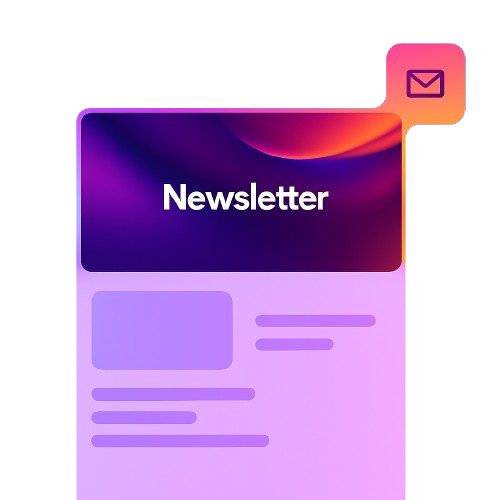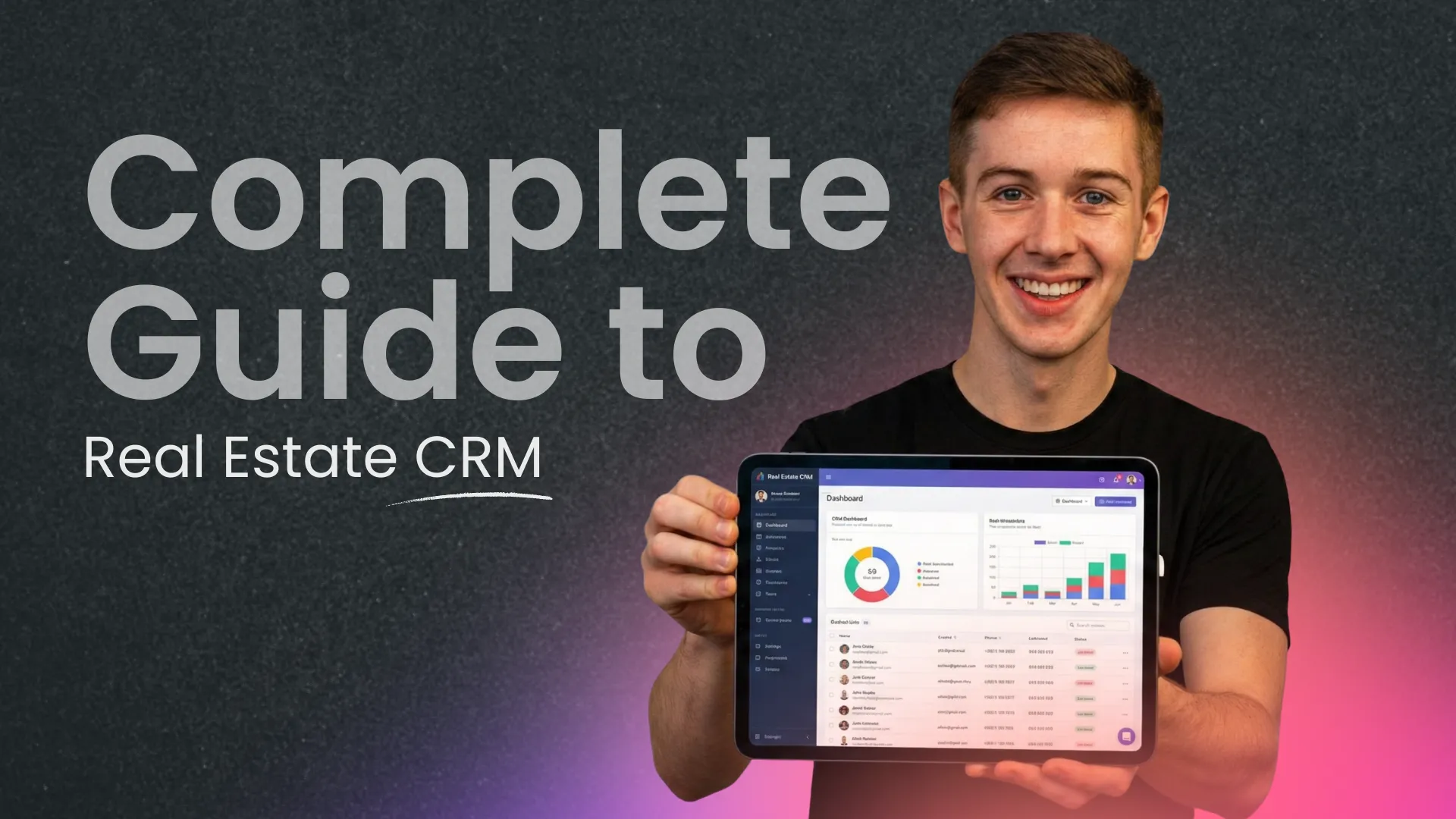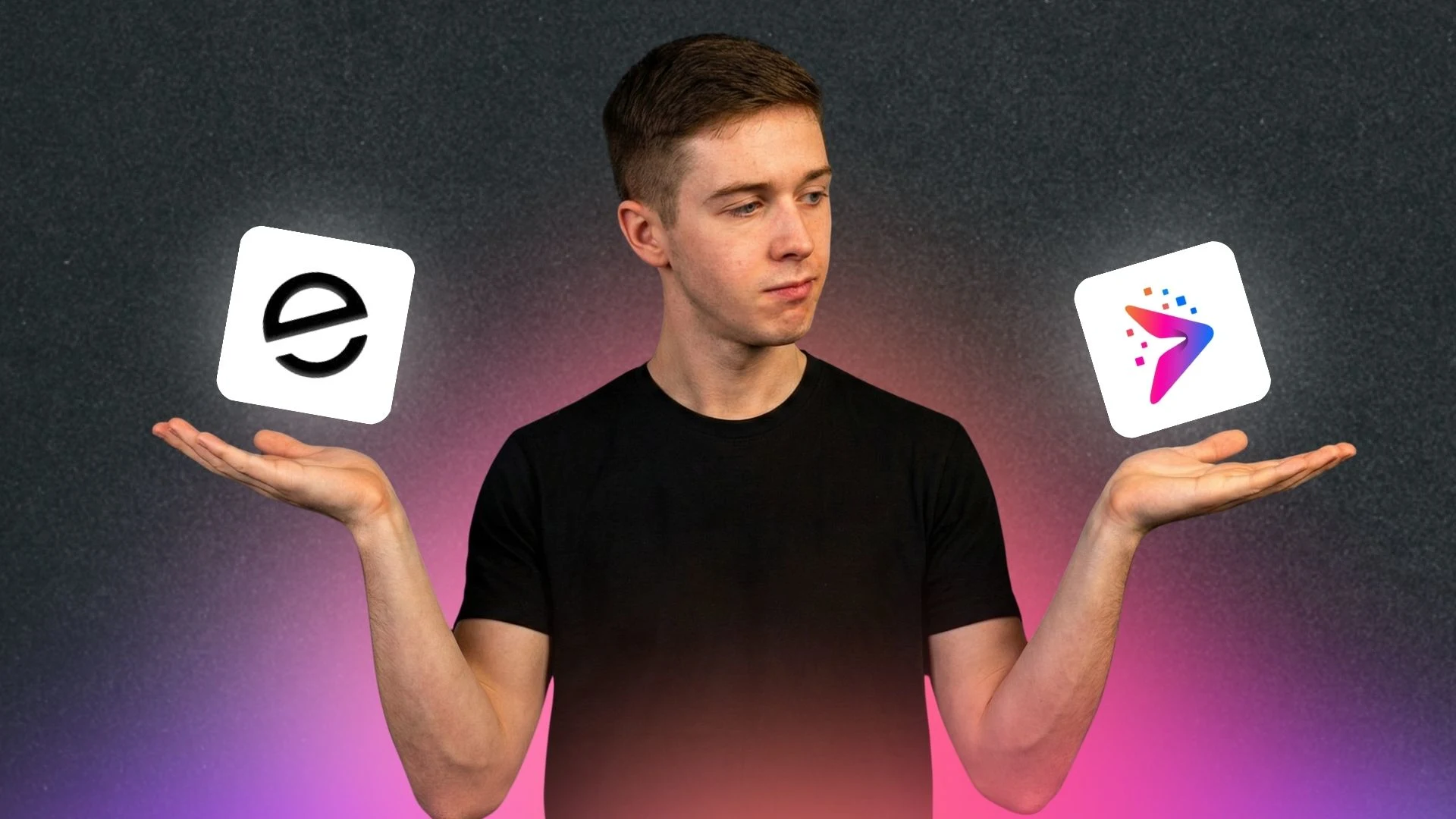
Validate Startup Ideas
You’ve got a startup idea. Maybe it came from a case study, a class project, or a pain point you spotted in the real world. But how do you test if it works—without spending months coding or hiring developers? That’s where no-code tools come in. For MBA students, who are often stronger in strategy and marketing than in programming, no-code platforms offer a powerful way to bring ideas to life and validate them with real users.
This guide will walk you through how to validate your startup idea using no-code tools, with a focus on one of the easiest and most powerful options: Imagine.bo. You’ll learn step-by-step how to go from idea to product, gather feedback, and decide whether your idea is worth pursuing—all without writing a single line of code.
Launch Your App Today
Ready to launch? Skip the tech stress. Describe, Build, Launch in three simple steps.
BuildWhy Validation Matters
Startup success isn’t about having the “best” idea—it’s about solving the right problem, for the right people, in the right way. Validation is the process of making sure your idea actually meets a real need before you invest a lot of time or money. It answers key questions:
- Do people want this?
- Will they pay for it?
- Can it grow into a sustainable business?
Too many startups skip validation and go straight to building. That often leads to wasted time and effort. With no-code tools, you can validate fast, cheap, and smart.
What Are No-Code Tools?
No-code platforms let you build websites, apps, and software without writing code. Instead, you use plain English, drag-and-drop tools, or visual workflows.
Popular no-code tools include:
- Webflow for websites
- Bubble for web apps
- Airtable for databases
- Zapier for automation
- Imagine.bo for full app development using plain English
No-code tools are perfect for MBA students because they require no technical background. You focus on the business model, the user experience, and the value—not the code.
Meet Imagine.bo: Build Apps by Describing Your Idea
Among the no-code options, Imagine.bo stands out for simplicity and power. You don’t need to learn visual builders or workflows. You just describe your idea in plain English.
How It Works:
- Describe Your Idea Just type what you want your app or website to do. Be as simple or detailed as you want.
- AI Drafts the Blueprint The platform uses AI to design the architecture, features, and user flow. It’s based on proven startup patterns.
- Click to Build With one click, the app is created—automatically built and deployed on scalable infrastructure.
- Human Backup If you hit a wall, expert engineers are on standby to help.
Key Benefits:
- No programming needed
- GDPR/SOC2-compliant security built-in
- Analytics and admin tools included
- Can deploy to AWS, GCP, or Vercel
- Free beta until August 2025
Whether you’re solo or working with a group, Imagine.bo removes all the tech headaches and lets you focus on business strategy and product-market fit.
Step-by-Step: Validating Your Startup Idea with Imagine.bo
Let’s walk through the validation process using no-code tools.
1. Identify a Real Problem
Start by writing down a problem you want to solve. Good startup ideas begin with real frustrations, inefficiencies, or gaps in existing solutions.
Example: “Small cafes have trouble managing online orders and pickup scheduling.”
Talk to at least 5–10 potential users. These could be classmates, alumni, or LinkedIn contacts in relevant industries. Ask:
- What are their biggest frustrations?
- What do they currently use?
- What’s missing or broken?
2. Sketch Your Solution
Now turn the problem into a rough product idea.
“An app where cafe owners can set pickup time slots, and customers can place and schedule orders easily.”
Write this in plain language. Don’t worry about features or tech yet. Just focus on what it does and who it helps.
3. Build a Minimum Viable Product (MVP)
This is where Imagine.bo shines. Go to the platform and type out your idea:
“I want an app for cafes to manage online orders. Customers can pick a time slot. Cafes can see orders in a dashboard. Send confirmation emails.”
Imagine.bo will:
- Analyze your request
- Create a working product blueprint
- Build the frontend and backend
- Set up infrastructure
All this happens in minutes. No dev team needed.
4. Launch to a Small Audience
Once your MVP is live:
- Share it with your early interviewees
- Post on LinkedIn or Reddit
- Offer it free to a few small businesses
Gather real usage and feedback. Are people using it? Do they understand it? Would they pay?
5. Track Metrics
Use built-in analytics (Imagine.bo includes these) to measure:
- Number of signups
- Number of completed actions (e.g., orders placed)
- Drop-off points
Decide if your idea has traction—or what needs to be changed.
6. Iterate or Pivot
If it works, great—build more features. If not, go back to user interviews and tweak the idea. With no-code, you can make changes in minutes, not months.
Real-World MBA Use Cases
Case 1: Peer Tutoring Platform
An MBA student creates a marketplace for peer tutoring. Types “I want a website where students can book 1-on-1 sessions with classmates. Sessions are paid. Include profiles and calendars.” Imagine.bo builds it. The student tests with their cohort and validates interest in days.
Case 2: Alumni Networking App
Another team builds an alumni platform: “A mobile app where alumni can post jobs, events, and connect with current students.” Imagine.bo delivers the MVP. It’s shared in alumni Slack channels. 200+ users onboard in a week.
Case 3: Local Deals for Students
Someone builds a site for local deals near campus: “I want a mobile site that shows discounts from local businesses. Businesses can create listings, students can like and redeem them.” The platform is live in under a day, with early traction.
Benefits for MBA Students
| Advantage | Why It Matters |
| Saves Time | MVPs built in hours, not months |
| Saves Money | No developers needed |
| Business-Focused | Lets you test markets, pricing, UX directly |
| Resume Booster | Show real products, not just pitch decks |
| Pitch-Ready | Demo-ready MVP for competitions or investors |
What Makes Imagine.bo Special?
Unlike other no-code tools that still require learning visual workflows or databases, Imagine.bo is natural language-based. That means you just describe what you want:
- “A food delivery app with restaurant profiles and driver tracking”
- “An internal dashboard for tracking team tasks and deadlines”
- “A social media site where users can follow each other and post updates”
The system handles:
- User flow
- Admin tools
- Security
- Scalability
And if something breaks or doesn’t make sense, real engineers are on hand to help.
Getting Started with Imagine.bo
As of June 2025, Imagine.bo is in private beta. Here’s how to join:
- Go to Imagine.bo (fictional placeholder)
- Join the waitlist
- Once invited, log in
- Describe your app idea
- Click “Build” and watch it come to life
Until August 2025, the beta is free. After that, pricing starts at $19/user/month, which is still far cheaper than hiring developers or using an agency.
Tips for Better Results
- Keep descriptions clear and specific. Imagine.bo is smart, but vague ideas may need clarification.
- Start with one core feature. You can always expand later.
- Ask for help! The support team is part of the service.
- Share your product quickly. The goal is validation, not perfection.
What to Do After Validation
If your idea shows promise:
- Pitch it in competitions
- Apply to incubators or accelerators
- Continue building with Imagine.bo
- Attract cofounders or investors with a working demo
If the idea doesn’t stick:
- Learn from feedback
- Try another idea—you can build again in minutes
Conclusion
As an MBA student, you’re perfectly positioned to spot valuable business problems. With tools like Imagine.bo, you no longer need a tech background—or a tech cofounder—to turn ideas into working products.
You can:
- Validate ideas quickly
- Talk to real users
- Show tangible proof in class, pitch events, or investor meetings
Don’t let code be the barrier between you and startup success. With no-code platforms like Imagine.bo, your business instincts are all you need to get started.
Launch Your App Today
Ready to launch? Skip the tech stress. Describe, Build, Launch in three simple steps.
Build





